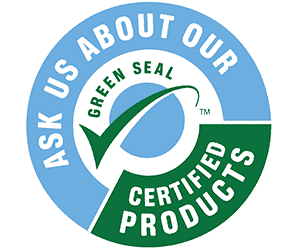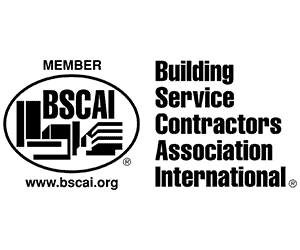Cleaning For Health
Although the pandemic has posed difficulties for many individuals, one bright side would be that the cleaning sector, and the brave frontline workers who work in it, have taken center stage. Cleaning experts often worked in the shadows of business buildings, performing repetitive, labor-intensive activities in order to keep them clean.
Cleaning for the sake of aesthetics is no longer enough. The general population now realizes that surfaces can appear and smell clean yet nevertheless carry microorganisms that are hazardous. To restore confidence, maintain brand reputation, and stop the spread of bacterial infections, facilities must use a “cleaning for health” strategy.
Why Cleaning is Essential?
We have forgotten about several hygienic routines that have become so embedded in our daily lives. The Coronavirus outbreak, on the other hand, is reminding us, more than ever, how easily viruses and germs move and how critical it is to keep surfaces clean to avoid contamination.
Here are some reasons for the importance of cleanliness and hygiene:
A Safe Environment is One That is Clean
Yes, it is right! Cleanliness is the first step toward ensuring a safe and healthy environment. A lack of cleanliness and sanitation aids the spread of microorganisms such as viruses, bacteria, and other germs that are harmful to human health and pets as well.
These bacteria can cause allergies, food poisoning, strep throat, colds, and flu, to name a few diseases and disorders.
A cluttered, messy, and filthy atmosphere significantly affects people’s concentration and productivity while also boosting anxiety and stress levels.
Keeping our surroundings clean and disinfected using disinfectant products is essential for our physical and emotional health.
The Social Norm
Because cleanliness is so important to public health, it has become a social ideal. People who have poor hygiene habits are more susceptible to sickness and infections, as well as social challenges.
Relationships between family members, friends, and coworkers can be harmed by poor personal hygiene. Most people are afraid to contact people who have hygiene difficulties since it is such a tough subject to address.
In the office, the problem becomes even more problematic. Many companies prioritize cleanliness and tidiness when employing employees, as poor hygiene practices can hurt a company’s image and lead to the loss of important business agreements.


Disease Prevention
Another important strategy for avoiding illnesses is to keep things clean. The following are some simple sanitary practices:
Showering every day, cleaning your teeth after each meal, turning aside, and covering your nose and mouth with a tissue if you’re coughing or sneezing and handwashing should be done on a regular basis.
Keep a safe distance from busy areas if you are sick, have your own personal hygiene items to save money, and also avoid sharing them with others. Maintaining a healthy and fit lifestyle and stopping smoking, exercising frequently, maintaining a healthy diet, getting enough sleep, and staying hydrated.
Keep track of your health by seeing your healthcare professional on a frequent basis. Good hygiene habits assist us not only prevent getting sick but also limit the risk of cross-contamination.
Sense of Satisfaction
Because cleanliness is so vital in our lives, it also gives us a sense of health compliance. The growth of self-confidence and self-esteem is aided by cleanliness. As a result, when we feel good about ourselves, we are more motivated, productive, pleasant, and compassionate toward others.
Physical and mental health enables us to better manage negative emotions, stress, and tension, as well as improve our relationships and performance in a variety of areas like family, work, school, friends and etc.
Best Cleaning Practices
Shifting gears to safeguard the public
Consumers used to rate cleanliness primarily on what they saw and smelled. A lasting lemon or lavender aroma in a public toilet, as well as streak- and dirt-free flooring, would indicate that cleaning is a priority.
This is usually where the investigation ends. While it’s true that cleanliness doesn’t have a scent, most people base their judgments on their sense of smell. While germs were always a threat, SARS-CoV-2 gave them a whole new meaning.
The advent of this extremely contagious virus has changed the way we think about hygiene. It’s not enough to have clean surfaces and areas. They must be spotless beyond the naked eye’s ability to see. While the virus transmits more easily through the air, the public expects facilities to take all reasonable steps to maintain cleanliness and restrict the infection’s transfer from surfaces to people.
Organizations that show a commitment to preventative measures throughout the epidemic — and afterward — are more likely to succeed. When it comes to shop cleaning, the International Council of Shopping Centers found that 66 percent of customers prefer to see more regular cleaning.
As a result, not only is visible, frequent cleaning required, but facilities must also employ effective cleaning chemicals and technology in order to increase cleaning performance and demonstrate that they take cleaning seriously.
A dedication to cleanliness
While cleaning for health helps to preserve a facility’s appearance, it also removes germs, fungus, and viruses completely. Consider the following recommended practices for cleaning for health while also demonstrating an organization’s devotion to its workers, visitors, and customer service.


